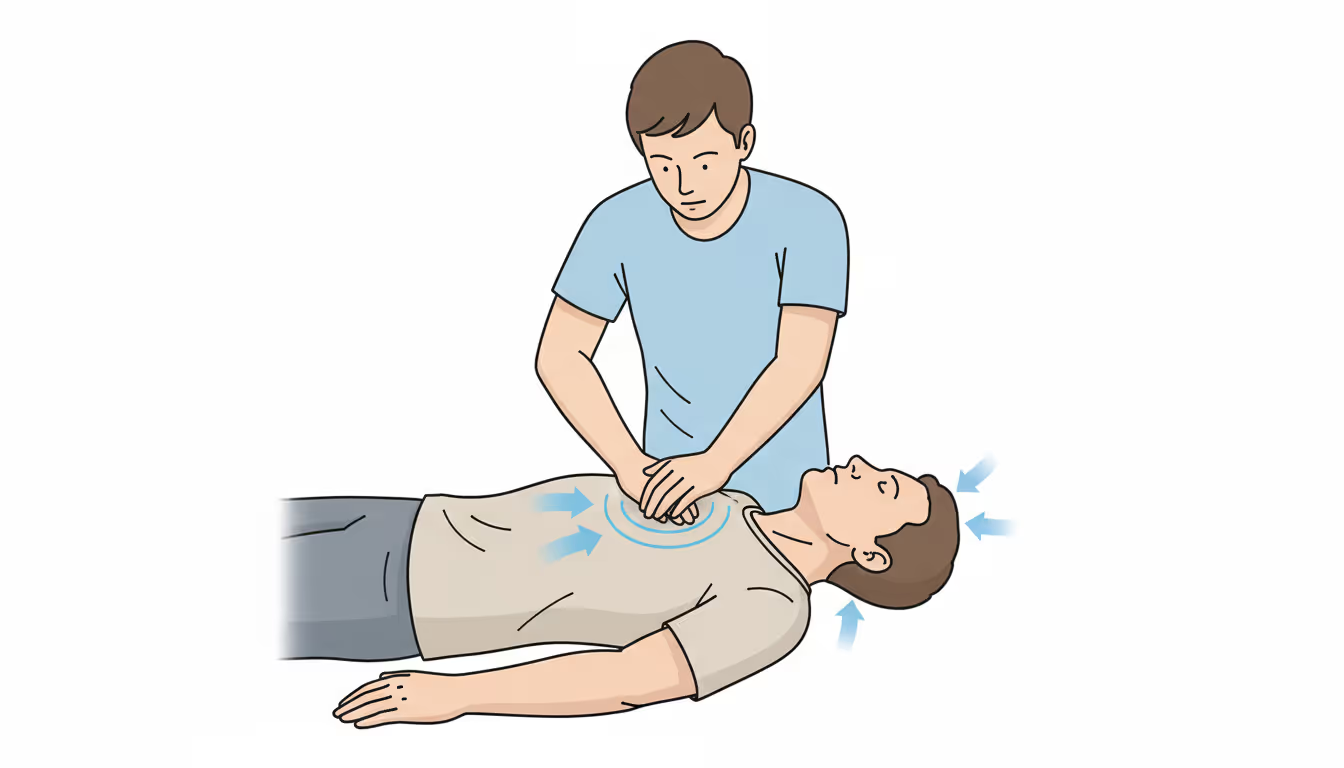
The abbreviation "PCT" has several meanings, one of which refers to porphyria cutanea tarda, a genetic skin disorder that becomes evident in adulthood. This condition is characterized by a deficiency in the enzyme uroporphyrinogen decarboxylase (UROD), necessary for heme production, the oxygen-carrying pigment in red blood cells. PCT is marked by blistering and ulceration in sun-exposed skin areas, particularly on the face, ears, and backs of the hands. The skin in these regions also tends to be delicate, with increased pigmentation and excessive hair growth.Porphyria cutanea tarda, the most common porphyria type, presents in two clinical forms: familial and sporadic. The familial form is inherited in an autosomal dominant pattern, affecting both males and females across generations, with a reduction of UROD enzyme levels in all tissues.The sporadic form is more prevalent, with UROD enzyme reduction occurring only in the liver. It appears in individuals with conditions like alcohol use or exposure to certain chemicals.Liver damage is often associated with PCT.A more severe variant, hepatoerythropoietic porphyria (HEP), begins in infancy and involves protoporphyrin accumulation in red blood cells, with very low UROD enzyme levels in these cells.The UROD gene is located on chromosome 1p34, and mutations such as DNA base substitutions and deletions have been identified, leading to decreased enzyme activity. Some mutations cause PCT, while others result in the recessively inherited HEP, which is the homozygous form of familial PCT.Treatment focuses initially on reducing iron overload through regular blood removal, followed by chloroquine therapy, which typically induces and maintains remission when administered in regular low doses.




